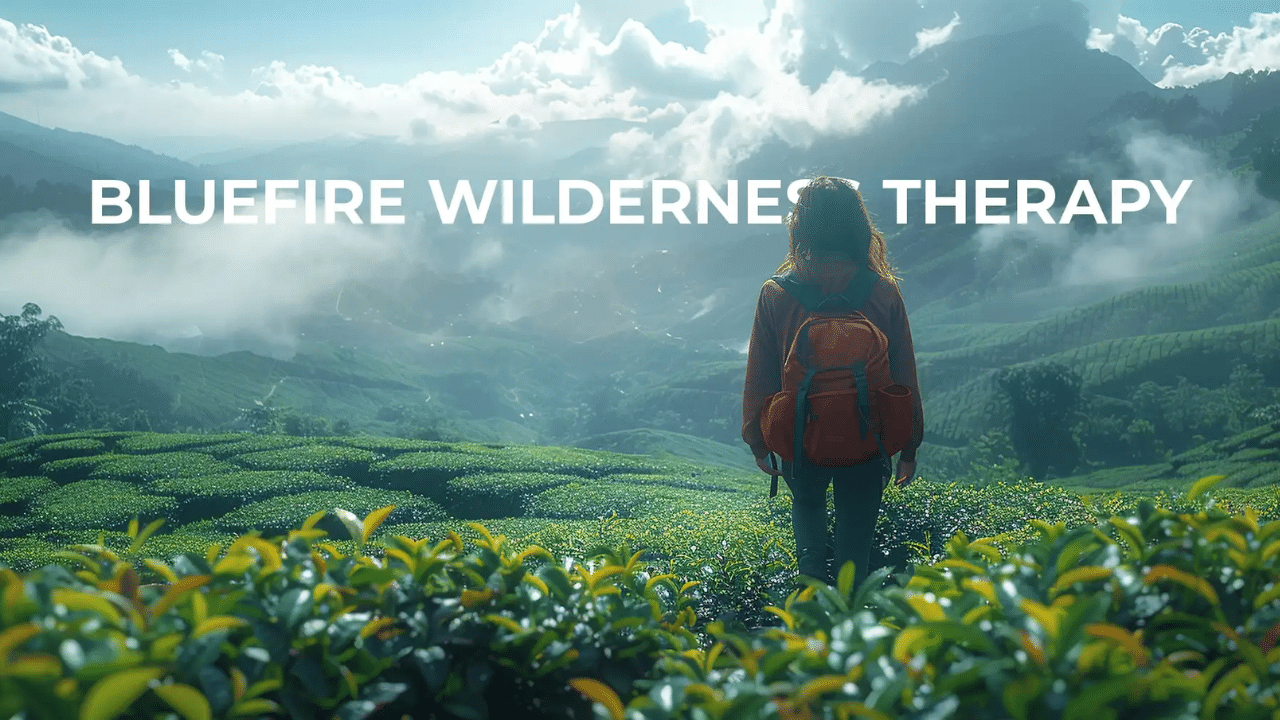In a world constantly bombarding us with messages of dissatisfaction and longing, the concept of “Love what you have, before life teaches you to lov – tymoff” emerges as a revolutionary mindset. It’s a call to arms against the ceaseless pursuit of more and an invitation to find solace and fulfillment in the present moment. But what does it truly mean to embrace contentment, and how can we cultivate this elusive state of being?
The Essence of Contentment
Contentment isn’t about settling for less or relinquishing ambition; rather, it’s about finding peace and joy in what already exists in our lives. It’s a profound acceptance of the present moment, recognizing that true happiness isn’t found in the accumulation of material possessions or the pursuit of endless desires. Instead, contentment allows us to savor the richness of life’s simple pleasures and appreciate the beauty in everyday moments.
The Psychology of Desire
Understanding the psychology of desire is crucial in our journey toward contentment. From a young age, we’re conditioned to believe that happiness lies in the attainment of external goals—whether it’s wealth, success, or status. However, research in psychology suggests that this pursuit often leads to a phenomenon known as the “hedonic treadmill,” where our desires continually escalate, leaving us perpetually dissatisfied.
Gratitude and Its Role in Contentment
Gratitude serves as a powerful antidote to the insatiable appetite for more. By shifting our focus from what we lack to what we already possess, we cultivate a deeper sense of contentment and fulfillment. Practicing gratitude isn’t merely about listing our blessings; it’s about experiencing genuine appreciation for the abundance that surrounds us, whether it’s the warmth of the sun on our skin or the laughter of loved ones.
Finding Joy in Simplicity
In a world characterized by excess and extravagance, simplicity offers a refuge for the weary soul. Embracing a minimalist lifestyle doesn’t mean depriving ourselves of pleasure; rather, it’s a conscious choice to prioritize what truly matters and eliminate the excess clutter that weighs us down. By simplifying our lives, we create space for greater clarity, creativity, and connection.
Mindfulness and Present Moment Awareness
At the heart of contentment lies the practice of mindfulness—a state of nonjudgmental awareness of the present moment. Mindfulness allows us to break free from the shackles of regret about the past and anxiety about the future, enabling us to fully immerse ourselves in the richness of the here and now. Through mindfulness practices such as meditation, deep breathing, and body scans, we cultivate a profound sense of peace and contentment that transcends external circumstances.
Overcoming Comparison
The pervasive culture of comparison perpetuates feelings of inadequacy and discontentment, leading us to believe that we’re never enough. However, comparison is a futile exercise that only serves to diminish our sense of self-worth and rob us of joy. By recognizing that each individual’s journey is unique and incomparable, we liberate ourselves from the tyranny of comparison and embrace our inherent worthiness.
The Illusion of More
Society often equates success and happiness with the acquisition of more—more money, more possessions, more accolades. However, this insatiable quest for more is akin to chasing after a mirage in the desert, leaving us perpetually thirsty for fulfillment. True contentment isn’t found in the accumulation of external trappings but in the cultivation of inner peace, gratitude, and purpose.
Cultivating Inner Peace
Inner peace is the cornerstone of contentment, serving as an anchor amidst life’s storms. Cultivating inner peace requires a commitment to self-care practices such as meditation, yoga, journaling, and spending time in nature. By nurturing our inner landscape, we fortify ourselves against the vicissitudes of life and cultivate a deep reservoir of resilience and tranquility.
Navigating Challenges and Adversity
Life is replete with challenges and setbacks, but it’s our response to adversity that ultimately shapes our sense of contentment. Instead of viewing challenges as insurmountable obstacles, we can choose to see them as opportunities for growth and self-discovery. By reframing adversity as a catalyst for transformation, we empower ourselves to navigate life’s ups and downs with grace and resilience.
Letting Go of Expectations
Expectations often serve as a source of disappointment and disillusionment, as reality rarely aligns with our idealized visions. By letting go of rigid expectations and embracing life’s unpredictability, we free ourselves from the shackles of disappointment and open ourselves up to serendipitous moments of joy and wonder. Flexibility and adaptability are essential virtues on the path to contentment, allowing us to flow with the ever-changing currents of life.
The Role of Self-Compassion
Self-compassion is the foundation upon which contentment flourishes, offering a sanctuary of kindness and understanding amidst life’s challenges. Unlike self-criticism, which erodes our self-esteem and perpetuates feelings of unworthiness, self-compassion nurtures a deep sense of self-acceptance and love. By treating ourselves with the same kindness and compassion we would extend to a dear friend, we cultivate a reservoir of inner strength and resilience that sustains us through life’s trials.
Relationships and Contentment
Our relationships play a pivotal role in shaping our sense of contentment and well-being. Healthy, supportive relationships provide a source of comfort, joy, and belonging, while toxic relationships can drain us of energy and vitality. Nurturing meaningful connections with loved ones—whether it’s family, friends, or romantic partners—enriches our lives and deepens our sense of contentment. By investing time and energy in cultivating authentic relationships based on mutual respect and trust, we create a supportive network that sustains us through life’s challenges.
Finding Purpose and Meaning
At the heart of contentment lies a sense of purpose and meaning—a deep-seated belief that our lives have significance and value. While the pursuit of happiness often revolves around the attainment of external goals, true fulfillment emerges from aligning our actions with our values and passions. By clarifying our purpose and committing to a life of service and contribution, we transcend the fleeting pleasures of materialism and cultivate a profound sense of fulfillment that endures.
Embracing Imperfection
Perfectionism is the antithesis of contentment, fostering feelings of inadequacy and self-doubt. Embracing imperfection is a radical act of self-acceptance, allowing us to celebrate our flaws and quirks as integral aspects of our humanity. By relinquishing the need for perfection and embracing our authentic selves, we liberate ourselves from the tyranny of comparison and cultivate a deep sense of self-worth and contentment.
Environmental Consciousness
Our relationship with the environment is intrinsically linked to our sense of contentment and well-being. Consumerism and materialism not only deplete the Earth’s finite resources but also contribute to a culture of dissatisfaction and excess. By adopting a more mindful and sustainable approach to consumption, we reduce our ecological footprint and cultivate a deeper connection to the natural world. From practicing recycling and composting to supporting eco-friendly businesses, each individual has the power to make a positive impact on the planet and nurture a sense of contentment rooted in environmental stewardship.
Financial Well-Being and Contentment
While financial security is undoubtedly important for our well-being, the pursuit of wealth at the expense of contentment often leads to a hollow existence. True financial well-being emerges from a balance between meeting our material needs and cultivating a sense of contentment and fulfillment. By adopting a mindful approach to spending and saving, we align our financial goals with our values and priorities, allowing us to live more intentionally and authentically.
Social Media and Contentment
Social media has revolutionized the way we connect and communicate, but it also exerts a profound influence on our sense of contentment and self-worth. The curated images and carefully crafted personas showcased on social media often create unrealistic standards of beauty, success, and happiness, leading to feelings of inadequacy and comparison. By cultivating awareness of our social media usage and setting healthy boundaries, we can mitigate its negative impact on our mental health and well-being. From practicing digital detoxes to curating our online feeds to reflect positivity and authenticity, we can reclaim our sense of contentment and cultivate a healthier relationship with social media.
The Practice of Contentment: Daily Habits
Contentment isn’t a destination to be reached but rather a journey to be embraced—one that requires daily intentionality and practice. By incorporating simple yet powerful habits into our daily routine, we can nurture a deeper sense of contentment and fulfillment in our lives. From starting each day with a gratitude journal to savoring mindful moments throughout the day, these practices serve as anchors of presence and joy amidst life’s busyness and chaos. By committing to the practice of contentment, we unlock the door to a richer, more meaningful existence—one characterized by gratitude, joy, and inner peace.
Conclusion
In a world that incessantly whispers messages of inadequacy and longing, contentment emerges as a revolutionary act of self-love and acceptance. It’s a radical departure from the ceaseless pursuit of more—a conscious choice to find joy and fulfillment in the here and now. By embracing gratitude, simplicity, and mindfulness, we reclaim our inherent worthiness and cultivate a deep sense of contentment that transcends external circumstances. In the quiet moments of reflection and gratitude, we discover that true happiness isn’t found in the accumulation of possessions or the attainment of goals but in the profound acceptance of ourselves and the world around us.
FAQs (Frequently Asked Questions)
How can I learn to be more content with what I have?
Learning to be content starts with shifting your focus from what you lack to what you already have. Practice gratitude daily and cultivate mindfulness to appreciate the richness of the present moment.
Is it possible to be content and still strive for personal growth?
Absolutely! Contentment and personal growth are not mutually exclusive. In fact, contentment can serve as a solid foundation for personal growth by providing a sense of inner peace and clarity.
What if I feel pressured by society to constantly want more?
It’s important to recognize that societal norms and expectations often perpetuate feelings of inadequacy and dissatisfaction. By consciously choosing to reject these narratives and embrace contentment, you reclaim your autonomy and agency over your own happiness.
Can contentment lead to stagnation?
Contentment is not synonymous with complacency. It’s about finding joy and fulfillment in the present moment while still pursuing growth and personal development. Contentment provides a sense of inner peace and stability that fuels our journey toward our goals.
How do I deal with feelings of envy towards others?
Envy often stems from a sense of lack or inadequacy within ourselves. Instead of comparing yourself to others, focus on your own journey and celebrate your unique strengths and accomplishments. Practicing gratitude and cultivating self-compassion can also help alleviate feelings of envy.
Is contentment achievable in today’s fast-paced world?
Absolutely! While the pace of modern life may present challenges, contentment is ultimately a state of mind that transcends external circumstances. By prioritizing self-care, mindfulness, and meaningful connections, you can cultivate contentment regardless of the external chaos.
What are some practical steps to cultivate contentment on a daily basis?
Start by incorporating simple practices such as gratitude journaling, mindfulness meditation, and spending time in nature into your daily routine. Surround yourself with positive influences and cultivate a mindset of abundance rather than scarcity.
How can I find contentment in challenging circumstances?
Cultivating contentment in challenging circumstances requires a shift in perspective. Instead of dwelling on what you lack, focus on what you can control and find moments of beauty and joy amidst the adversity. Lean on your support network and practice self-compassion during difficult times.
Does practicing contentment mean I should settle for less?
Practicing contentment doesn’t mean settling for less than you deserve. It’s about finding peace and fulfillment in the present moment while still pursuing your goals and aspirations. Contentment allows you to appreciate what you have while working towards a brighter future.
Can contentment coexist with ambition and goal-setting?
Absolutely! Contentment provides a solid foundation from which to pursue your ambitions and goals. By cultivating a sense of gratitude and inner peace, you can approach your aspirations with clarity, focus, and resilience, knowing that true happiness lies not in the destination but in the journey itself.











